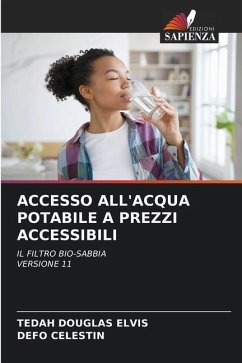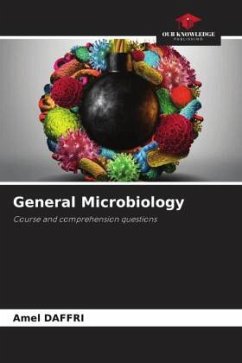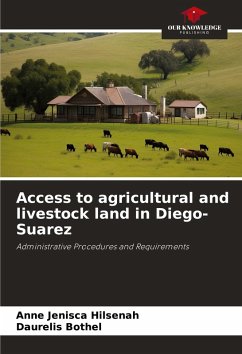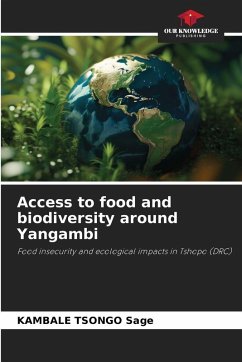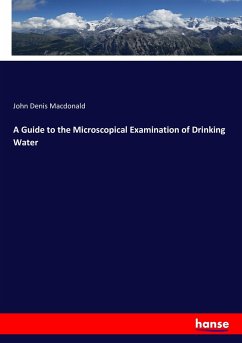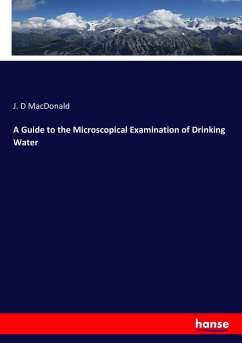
AFFORDABLE ACCESS TO DRINKING WATER
THE BIO-SAND FILTER VERSION 11
Versandkostenfrei!
Versandfertig in 6-10 Tagen
29,99 €
inkl. MwSt.

PAYBACK Punkte
15 °P sammeln!
The home water treatment process focuses primarily on eliminating pathogens (bacteria, protozoa) from raw water. This is the biggest water quality problem in the world. Although water is available, water treatment technology is very expensive and inaccessible to households (both in terms of equipment and treatment products). The aim of this work was to contribute to access to drinking water at lower cost for households and public or private establishments. The specific objectives were: to inventory and analyse the types of filters on the market; to propose a new filter called the bio-sand filt...
The home water treatment process focuses primarily on eliminating pathogens (bacteria, protozoa) from raw water. This is the biggest water quality problem in the world. Although water is available, water treatment technology is very expensive and inaccessible to households (both in terms of equipment and treatment products). The aim of this work was to contribute to access to drinking water at lower cost for households and public or private establishments. The specific objectives were: to inventory and analyse the types of filters on the market; to propose a new filter called the bio-sand filter version 11. To this end, the methodology will be to manufacture this filter and analyse the microbiological parameters at its inlet and outlet. The expected results are: 99% of pathogens in the raw water are eliminated; this filter will produce 30 to 60 litres of water per hour on a sustainable basis. The filter follows the normal water treatment process: sedimentation-filtration-disinfection. It will be a combination of a sand filter and an activated carbon filter.





